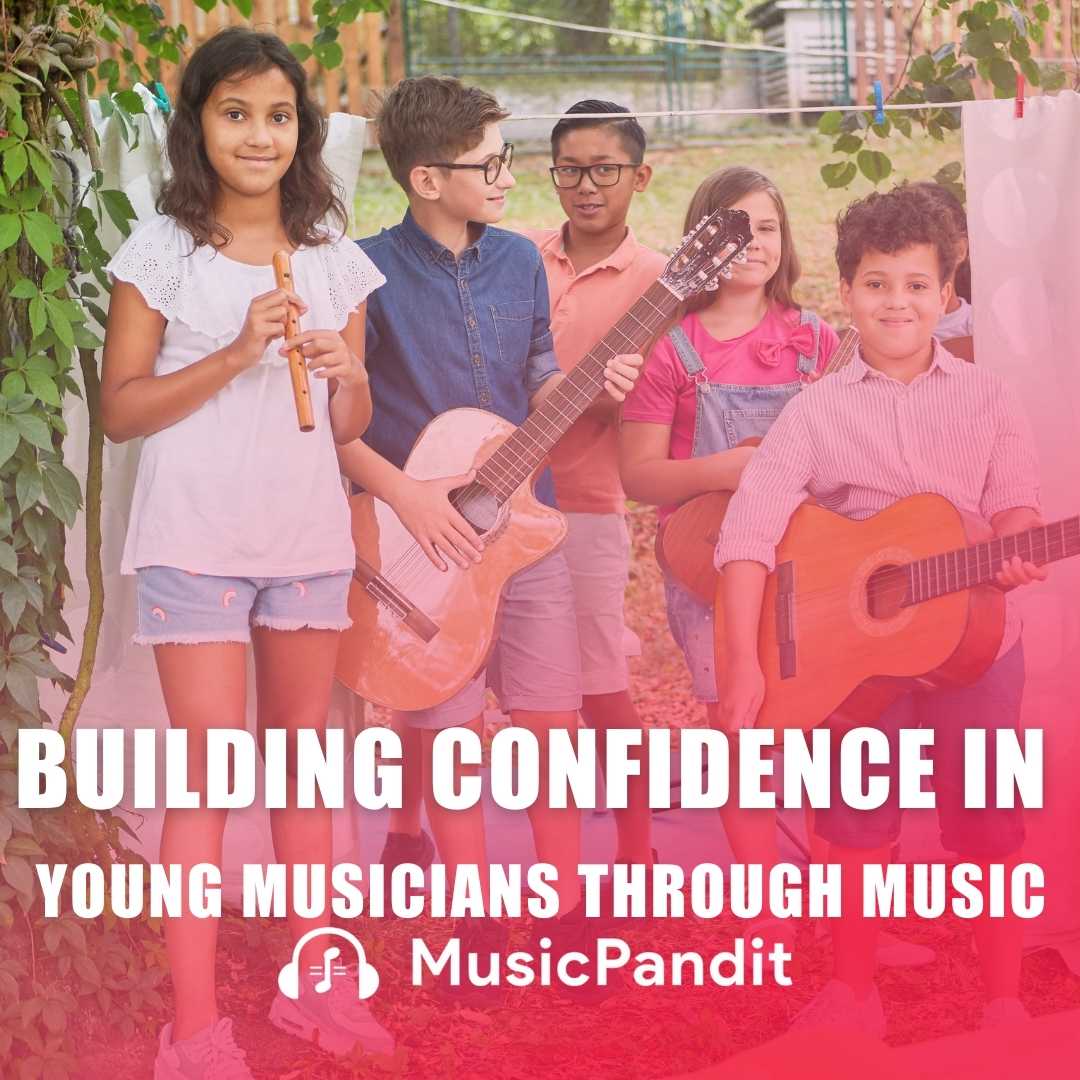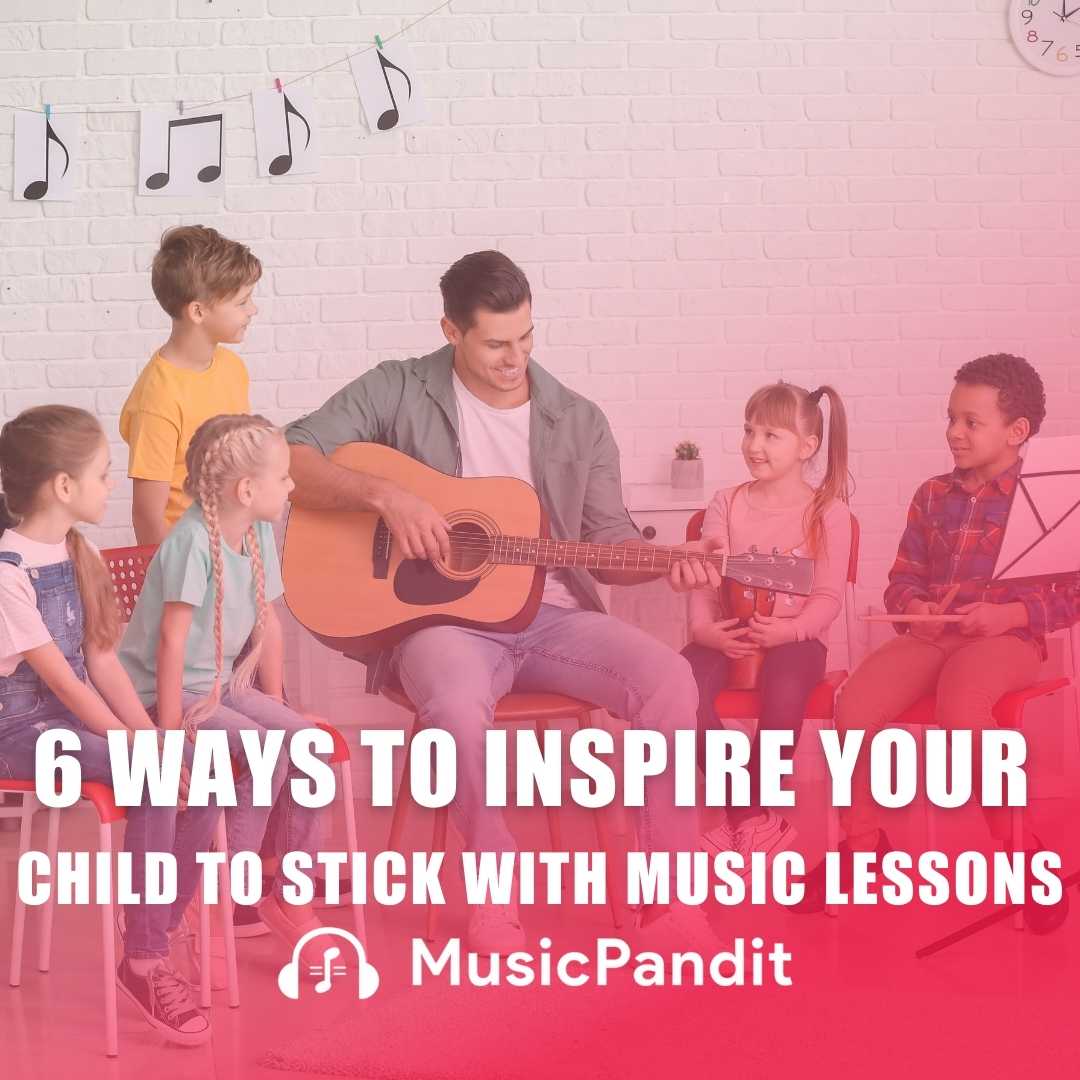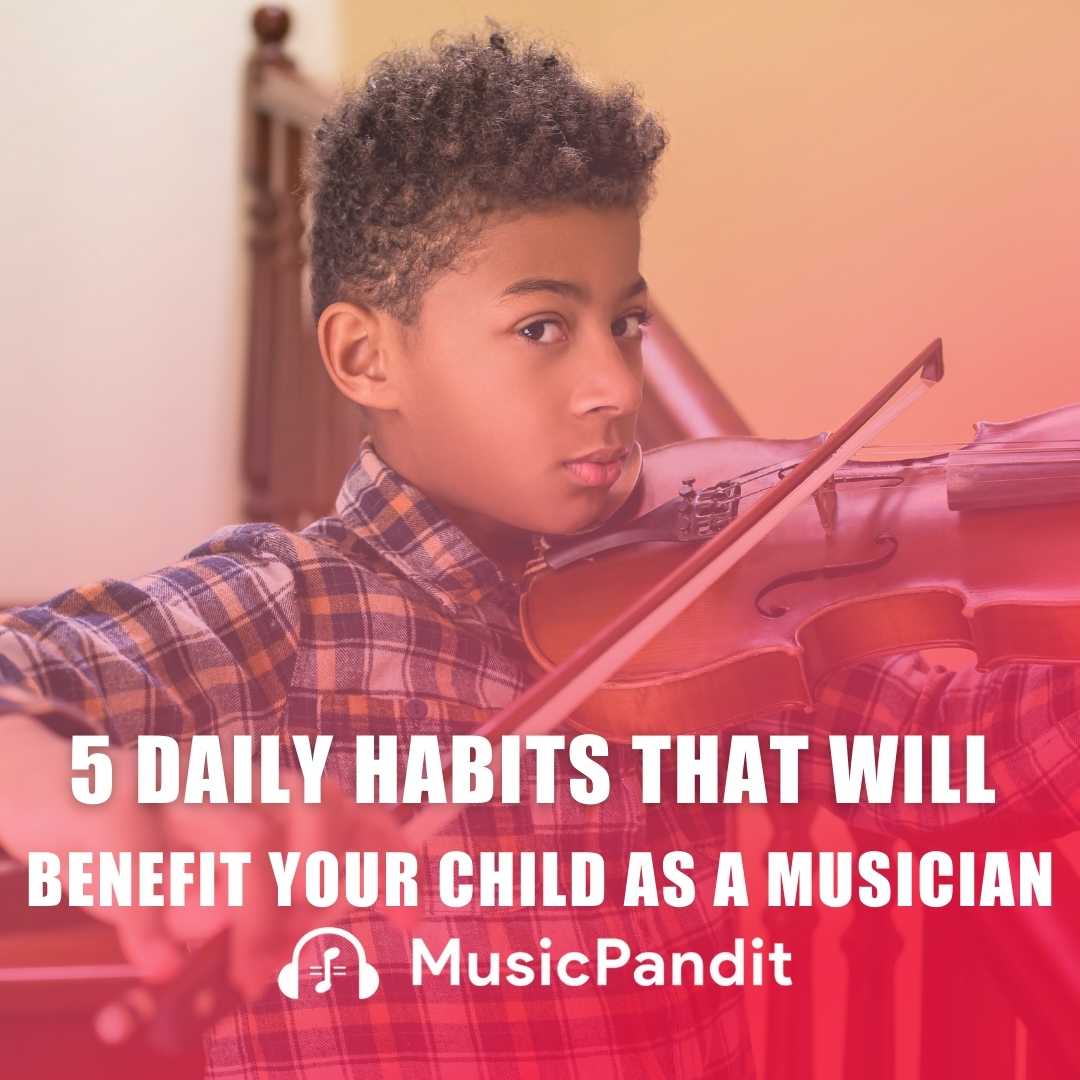Well, to say something relatable about life, it often leads us on unexpected journeys. Due to these certain situations, sometimes our keyboards get tucked away, collecting dust, as we navigate through the complexities of life. This might be true for both beginner keyboardists and a seasoned professional.
To give you a more clear perspective, what we have seen from our experience with young learners is that a lot of things can keep them away from their keyboard instrument. The common one is a busy and long summer vacation or some important exams. In some cases, it is due to long project work at school. Additionally, we have also seen students take a break from their instruments to try out a new hobby. All these different situations can lead keyboard players to set aside their instrument practice for a certain period of time.
However, the good news is that students are able to get back to playing their instruments. If the music is a part of your child, it doesn’t matter how long they have been away from the keyboard. With a little patience and practise, they’ll be able to get back to playing their digital keyboard again.
Apart from children who are just starting out on learning the keyboard, skilled keyboardists may also take a break from playing the instrument. This could be due to life’s demands, lack of motivation, or other priorities that may have led them to put their keyboard aside for a while.
Whatever the case, returning to playing the keyboard after a hiatus can be a rewarding experience. In this guide, we’ll explore the steps and strategies to help every keyboard enthusiast rekindle their passion for the instrument and make a successful comeback.
Why Returning to the Keyboard Matters?
You must have often heard the instructors saying practice is the number one key to success as a keyboard student. So, what happens if there is a gap in between? Will you be able to play again? We will just look at the scenarios before we delve into the practical steps. Let’s quickly understand why it’s essential to get back to playing the keyboard, regardless of your skill level.
Connection with Music: The foremost reason is our connection with music wherein it has the power to move us emotionally and spiritually. When you play the keyboard it helps us connect with this universal language, fostering a deeper appreciation for music.
Personal Fulfilment: Playing the keyboard brings a great deal of personal satisfaction. You can express yourself creatively, relieving stress and enhancing your overall well-being.
Musical Growth: Just to reiterate practice and improvement are key to becoming a proficient keyboard player. So, if you have been on a break, returning to the keyboard helps you grow as a musician and maintain your hard-earned skills.
New Opportunities: In addition, returning to the keyboard opens the door to various performance opportunities or collaborations.
Sharing Your Gift: If you used to play for friends, family, or even for yourself, getting back to the keyboard means sharing the gift of music once again.
Now that we have established the importance of getting back to playing the keyboard, let’s dive into the practical steps that will help anyone make a successful comeback.
How to Get Back to Playing the Keyboard After a Long Absence
If you are someone who used to play the keyboard and thinking of getting back to playing it, but you are a little lost on where to start and what to expect. This article is for such people.
Have Realistic Expectations and Start Slow
This is very important and the first step in returning to playing the keyboard. Learners and keyboard players must set realistic expectations for themselves. For instance, if you look at people who lift weights daily but they end up taking a long break due to an injury. When they come back they can’t lift the weights they used to. Their body is not in the right shape and condition.
It’s the same with music and playing instruments. The same principle applies. After a long break keyboard players need to give themselves time to work back up to where they were.
Here you have to understand that you are not at the same skill level. But that’s okay!
What can you do next? Assess your current situation by evaluating where you are in terms of your keyboard skills. As you understand the areas you are lacking in you will exactly know what aspects you need to work on.
There’s more! You should also define your goals whether it’s short-term (mastering a particular piece or nailing a challenging technique) or long-term (performing at a local gig or recording your music) goals. Having a clear objective will guide your practice. You can be aiming to play a specific piece of music, rejoin a band, or simply play for personal enjoyment, be clear what you want to achieve.
In doing all this you need to be patient. Rushing can lead to stress and burn-out. You may feel that the progress is slow and that’s perfectly normal. Dedicate short amounts of time each day to work on your playing. Avoid pushing yourself too hard right from the start. Don’t let frustration be your guide; let patience be your companion. More significantly, celebrate small achievements along the way.
Reconnect with Your Keyboard
Musicians tend to have a strong bond with their instruments which can be lost due to a long break. So, getting back to the keyboard requires you to form a bond with the instrument again. Your keyboard is more than just an instrument; it’s a faithful companion. It’s time to take it out of the case and reconnect with it. Here’s how to do it:
You can start by giving your keyboard a good cleaning. Remove any dust or dirt that’s collected overtime as it can affect the sound and playability of your instrument. Since it is a digital (electronic) version you have to carefully clean the keys, the body, buttons and the sound mechanism.
Related Article: Electronic Keyboard is the Trending Instrument to Learn
Next, ensure that your keyboard’s settings are in working order. Once you do that, adjust your whole setup. You need to position your keyboard in a comfortable and well lit room. Set the right bench height and adjust the distance to the keyboard to ensure you have the correct playing position.
Reacquaint Yourself with Music Theory
Music theory as stated in most formal music lessons is the foundation or heartbeat of playing any musical instrument, including the keyboard. It’s time to feel the pulse by refreshing your knowledge of music theory and re-enter the world of music with confidence. Start by reviewing the basic concepts such as scales, chords, and key signatures. Online keyboard classes or keyboard books can be your guides.
Practice sight-reading. This is excellent for improving your ability to read and play music on the spot. Start with easy pieces and gradually work your way up to more complex compositions. Alternatively, practice identifying different musical elements like intervals, chords, and melodies by ear. It’s like tuning your musical compass.
Gradual Technique Rebuilding
Your keyboard skills and technique will mostly become rusty during your break. The muscles in your hand and arms will be out of shape. Here’s how to rebuild your skills and technique effectively:
It begins with developing a warm-up routine: During your practice session start with warm-up exercises to prevent injury and build dexterity. You can do some simple finger exercises or even scales are great for this purpose.
You will then have to work on regaining finger independence and strength. Play different scales, arpeggios, and technical exercises to improve finger agility. You should also practise pieces that require hand coordination. Start with easier pieces and progressively move to more challenging ones as your skills improve.
Practise Tips
- Consistency is key when returning to the keyboard. It is the glue that holds it all together. Establishing a practice routine and sticking to it will yield the best results. As music instructors we would like you to dedicate a specific time slot for practice each day or week. You will make steady progress in this way.
- You need to focus on techniques and exercises that align with your goals. If you aim to perform, practice pieces relevant to your performance.
- You should record your playing periodically as it will allow you to track your improvement and identify areas that need more attention.
Seek Guidance and Inspiration
Truth be told! If you are getting back to playing the keyboard it can be a solitary journey. However, it doesn’t have to be like that. You should seek guidance and inspiration from various sources. Three easy ways you can do this:
- You can learn keyboard online from experienced instructors. The lessons can be tailored to suit your skill level and goals.
- You can also join a music community both locally and online where you can connect with fellow keyboardists and other musicians. Sharing your journey with others can be a relief and at the same time motivating and inspiring.
- If you are a music lover then you should attend live performances and concerts. Who knows, during the show you might get inspired by other musicians or even your favourite artist. Besides, watching and listening to professionals can reignite one’s passion for music.
Conclusion
Returning to the keyboard after a long break is a process that definitely requires patience and persistence. All you have to remember is that it’s normal to face challenges along the way. You have to stay motivated by celebrating small wins and keep discovering new music and styles. Exploring different genres can also reignite your passion for playing.
Meanwhile, what we often tell our students is to avoid comparing their current skills to your past abilities or to other musicians. Comparison is the thief of joy! Everyone’s journey is unique, and progress takes time. You should be proud as returning to the keyboard after a long break is a commendable endeavour that can bring immense joy and fulfilment back into your life. The keyboard will always be there, waiting for your fingers to dance across its keys, no matter how long the break. Having said all these, we just want to welcome you back to the world of music!














